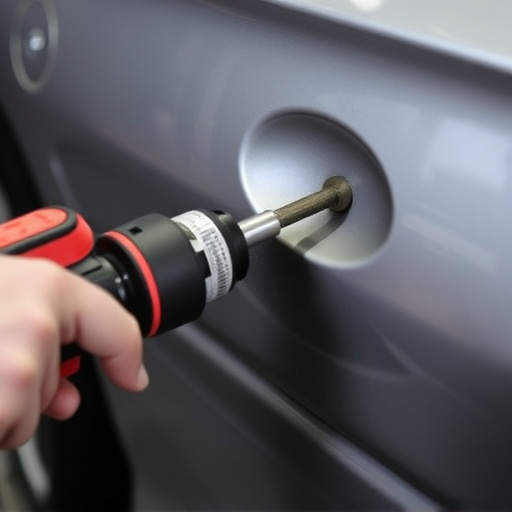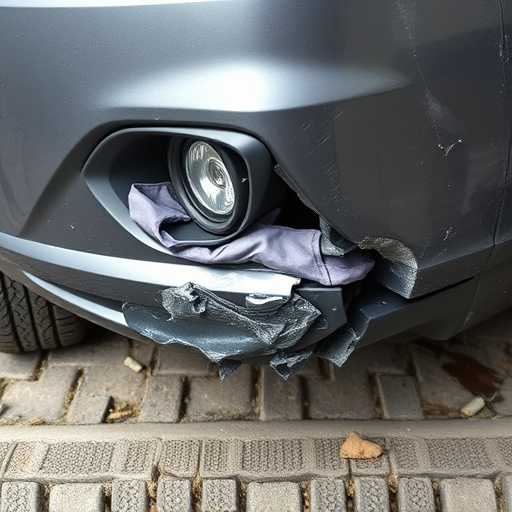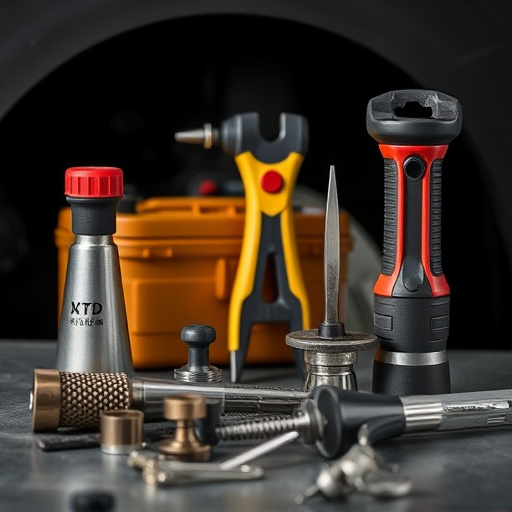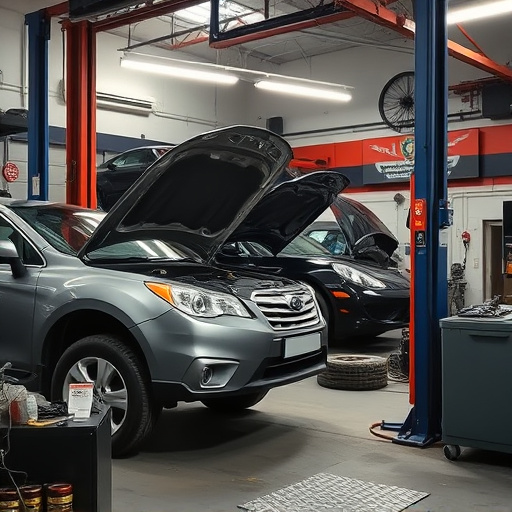A total loss assessment determines the value of a damaged vehicle beyond repair, with insurance companies relying on trained assessors who inspect every aspect, considering parts availability and cost. Unfair evaluations can occur due to lack of documentation, transparency, or oversight of non-monetary damages. To contest an unfair assessment, gather relevant documents, compare repair estimates, and present a clear case during the appeal process, emphasizing available quality collision repair services in your area.
Unfair total loss evaluations can be a significant hurdle for policyholders, often leaving them undercompensated. This article guides you through the process of challenging these assessments, empowering you to understand your rights and fight for what’s fair. We break down the fundamentals of total loss assessment, highlight common red flags, and provide strategic approaches to successfully appeal your evaluation, ensuring you receive the full value of your claim.
- Understanding Total Loss Assessment: The Basics
- Identifying Unfair Evaluations: Common Pitfalls
- Strategies to Challenge and Appeal Your Evaluation
Understanding Total Loss Assessment: The Basics

When a vehicle suffers significant damage, whether from an accident or natural disasters like hail storms, the process of determining its value after repairs becomes intricate. This is where total loss assessments come into play. A total loss assessment is a detailed evaluation that calculates the cost to repair a damaged vehicle, taking into account not just the visible fixes but also hidden or structural damages. It’s a comprehensive analysis designed to ensure fair compensation for the owner.
In the event of substantial damage, like that often seen in Mercedes Benz repairs following bumper damage or hail damage repair, insurance companies rely on trained assessors to inspect every inch of the vehicle. They consider factors such as the age and condition of the car before the incident, the complexity of the repair process, and the availability (and cost) of replacement parts. For example, a bumper repair might seem straightforward, but specialized parts for luxury vehicles like Mercedes could be scarce or expensive, influencing the total loss assessment outcome.
Identifying Unfair Evaluations: Common Pitfalls

Identifying unfair evaluations is a crucial step when contesting a total loss assessment on your insurance claim. There are several common pitfalls that can lead to an inaccurate and, subsequently, unfair total loss determination. One of the most evident signs is the lack of detailed documentation and transparency from the assessing party. For instance, if they fail to provide a thorough breakdown of repair costs for each damaged part, especially in cases involving car bodywork or luxury vehicle repair, it may indicate a potential attempt to underestimate expenses.
Another pitfall involves the assessment of non-monetary aspects of your vehicle. Car dent repair, while seemingly minor, can significantly impact the overall aesthetic and resale value of the vehicle. Assessors who disregard these details or provide superficial assessments might be missing crucial elements that could greatly affect the final figure. Always ensure that all damages, visible and hidden, are accounted for in the total loss assessment to avoid what may seem like an unfair outcome.
Strategies to Challenge and Appeal Your Evaluation

When facing an unfair total loss assessment on your vehicle, knowing how to challenge and appeal is crucial. The first step involves gathering all relevant documents related to the auto maintenance and vehicle collision repair history. This includes service records, estimates from multiple repair shops for similar repairs, and any evidence that contradicts the evaluation. Additionally, consult with professionals who can provide expert opinions on the value of your vehicle before and after the incident.
During the appeal process, focus on presenting a clear and compelling case. Highlight any discrepancies in the assessment, such as oversights or inaccurate calculations, using specific examples from the vehicle’s maintenance history. Emphasize the quality and cost-effectiveness of vehicle collision repair services available in your area. This strategy not only challenges the total loss assessment but also ensures you receive a fair compensation for the necessary auto maintenance work.
When facing an unfair total loss assessment, understanding your rights and employing strategic challenges are key. By identifying common pitfalls and utilizing effective appeal methods, you can navigate this process with confidence. Don’t let an inaccurate evaluation dictate your financial outcome—take control and challenge the status quo to ensure a fair resolution. Remember, knowledge is power when it comes to advocating for yourself during total loss assessments.














